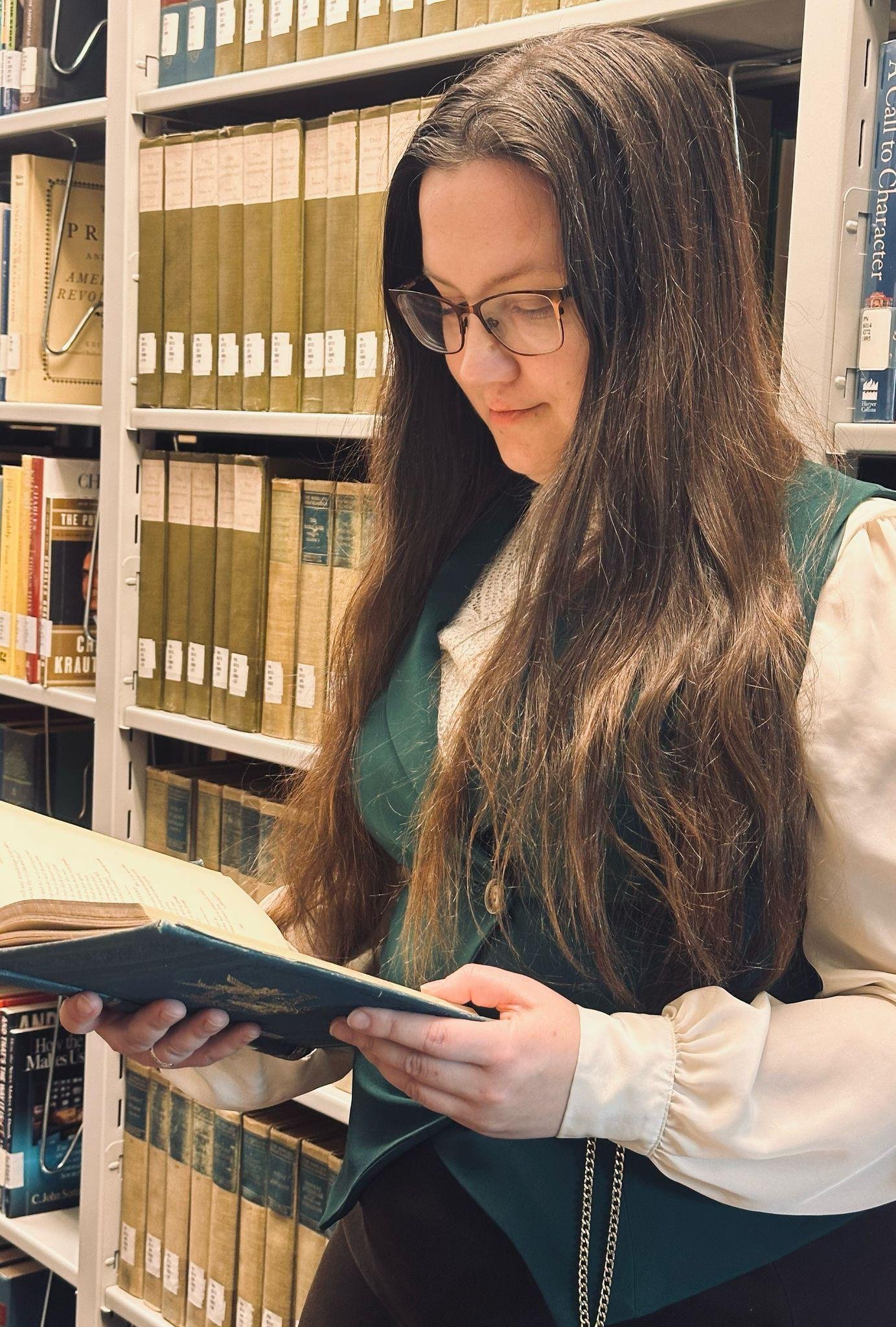Hope & Good Work
It’ll surprise very few of my acquaintances that I was both homeschooled and house churched. I was a very sheltered child. We didn’t pay for cable or go to provocative movies or hang around people who drank or swore. This is not a strike against my parents, considering all the other life stories I’ve heard I think I won the upbringing lottery, it’s just an explanation of my roots.
As I aged, I continued to shelter myself. I have a very active imagination that normally trends towards two things – plotting fictional stories and catastrophizing. It felt like any time I glanced outside my comfort zone I saw tragedies, the spectacular fall of spiritual leaders, and a complex sinful world where nothing was getting better.
I labored under the illusion that I’d already seen the good in the world, so anything else I could discover would be horrible, like a coming-of-age novel. (You know the ones: your favorite teacher is actually a violent criminal, your parents are getting a divorce, and your dog died in the street because the real world is just a miserable, terrible place. Welcome to adulthood, kid.) Why expose myself to tragedies that I could do nothing about? Ignorance is bliss.
A few months into the Good Neighbor Project we read The Ministry of Ordinary Places by Shannon Martin. While I found myself longing to be hospitable in the ways she described, I was also frustrated by her constant assertion that this sort of love of neighbor started with being observant. She said you had to look around and notice things (physical and social) in order to serve a community well. I couldn’t really argue with this point, but I struggled with what I was supposed to do once I saw problems in my neighborhood.
Enter Tim Keller’s Generous Justice. It took Martin’s “noticing” and brought in practical examples of what to do next, telling stories of business owners who sacrificed profit for the good of their employees and neighbors who relinquished their rights to aid their communities.
Keller’s book started stirring my imagination in a new direction, one of hope. How could I notice the needs of others and “inconvenience myself” to address them?
I was (am, at time of writing) on the hunt for a new house and my imagination latched onto what might be done with that space. I already had a wish list for my personal comfort (off-street parking, a larger bedroom, etc.), now my mind started teasing out other features. The Lancaster bus system is pretty reliable, but the majority of stops are simply signs stuck along the side of the road. People have to stand waiting for their ride in all sorts of weather while traffic zips past. What if I got a place with a bus stop out front and I -- as the renter -- was in charge of lawn care? Then I could probably put out a bench in my yard, close to the sign. If that worked, maybe I’d find a way to stow umbrellas out there too so people wouldn’t have to wait in the rain.
I’m not certain if I’ll be able to find this dream house, but I’m sure I will come up with other ideas. My mind is filled with ideas and dreams and hope. Not false hopes that I can bring about the new creation or cancel the effects of original sin, but reassured hope that I can indeed do “the good work He has prepared for us to walk in through Jesus Christ our Lord.”
Joyanna is a full-time seminary secretary, part-time baker of cookies, and amateur fiction writer. She stands with Carter Lam in support of the Oxford comma, showcased throughout this article, and Laura DiGioia on coffee, if it smells so good why does it taste so bad? The greatest achievement of her 30s occurred when she was sought out at church by a child wanting book recommendations (miserable coming of age stories were not recommended). She has been in Lancaster County for going on eight years and wants to stay. She is thirty-two and has a love-hate relationship with the complement of being mistaken for a 20-something. She is currently seeking a new rental home and housemate[s] to live out the practices she’s learned through the Good Neighbor Project.

